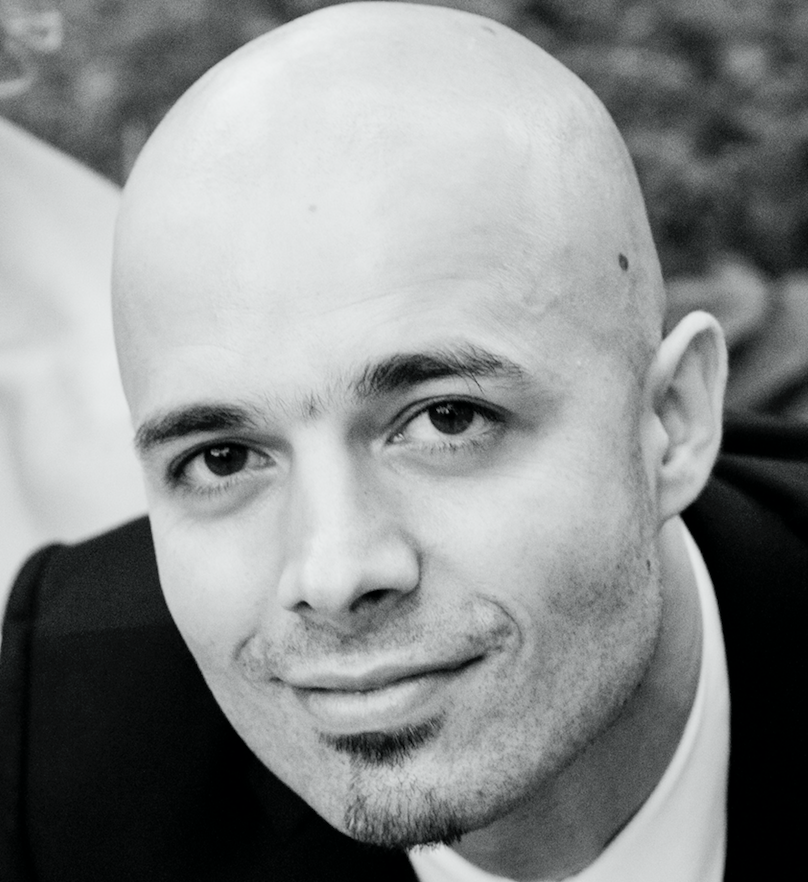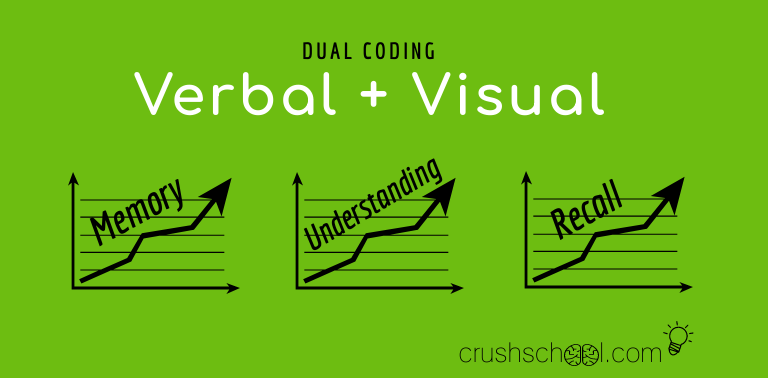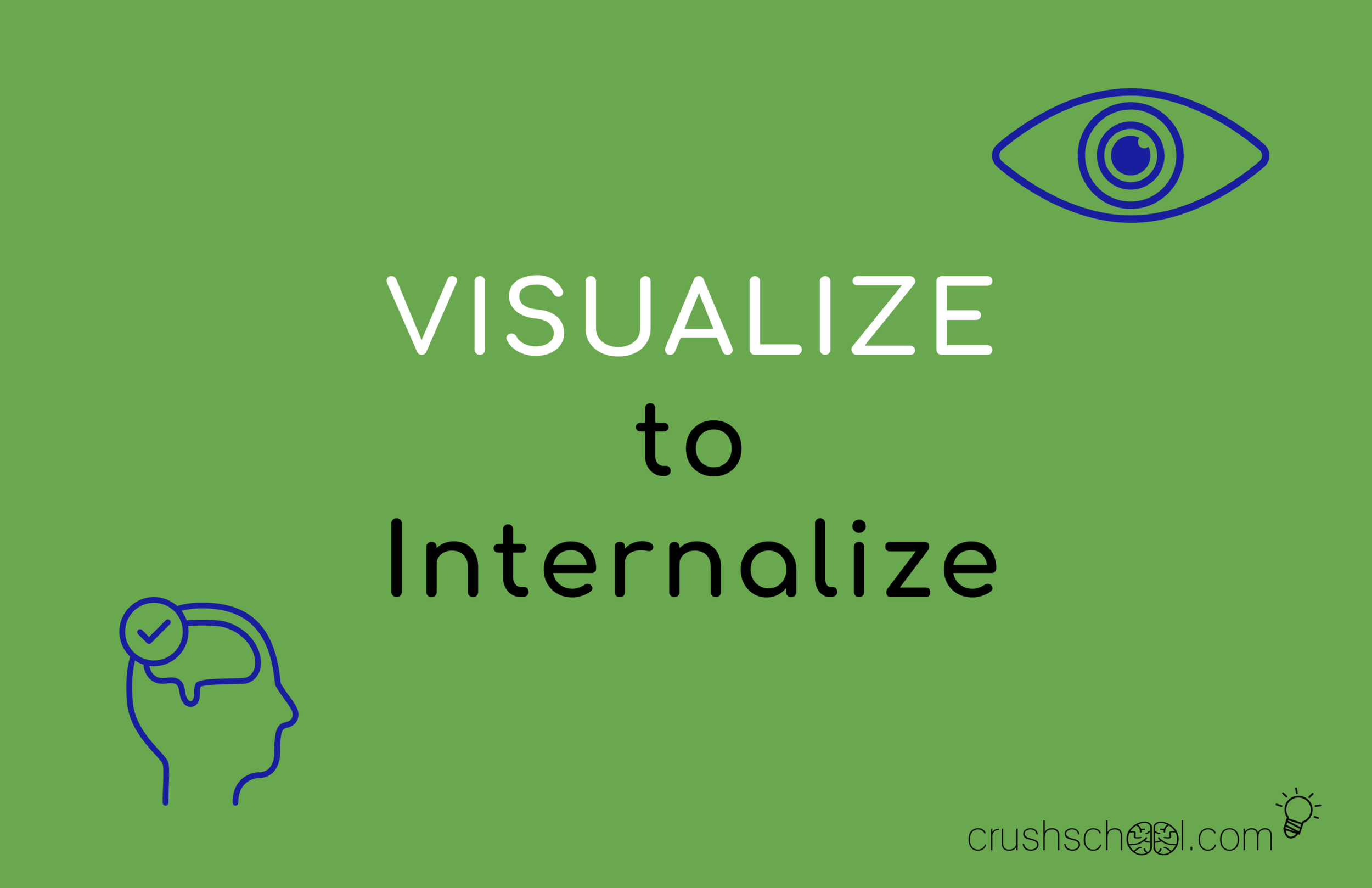I learned today that velociraptors were turkey-sized and T-Rex topped out at ten miles per hour, which means you don’t have to be Usain Bolt to outrun one. Damn you Hollywood, Jurassic Park, and Steven Spielberg for having me think they were cool.
But my dino disillusionment aside, learning these facts while watching Weird But True with my son gave me a creative way to start this article after over a year of blog silence.
Creativity awakens imagination, spurs innovation, and provides inspiration. But for me, creativity makes work fun. It allows me to see things in new ways and create new ways to teach and help my students learn.
In my twenty years of teaching, I learned that everyone is creative and everyone can take deliberate action to increase their creativity.
Here’s a list of 10 things anyone can do every day to up their creativity.
Learn Something New
It doesn’t matter what you learn. Just learn something you did not know before. Even if the new information you put in your brain is unrelated to the work you do, your brain will find a way to use it. 3 days, or 3 months, or 3 years from now, perhaps in a form of a sudden spark of genius or a slow methodical approach - you will apply this learning to something. Consciously or without you knowing, the info you learn today will make something you’re creating in the future a bit more creative; a bit better.
Learn something new every day and you will increase your chances of coming up with new and innovative ways of doing things and creating more impactful and fulfilling work.
Listen To A Podcast
This should be easy if you commute to work. Connect your phone to your car’s stereo or use the phone/headphones combo on your public trans ride to work and voila - instant mobile university! Of course, shock-jock garbage doesn’t count, because garbage in - garbage out.
Good podcasts are not hard to find. Some of my faves are Hidden Brain, Akimbo, The Knowledge Project, Inquiring Minds, TED Radio Hour, and The James Altucher Show. Be ready to pause a podcast, so you can start writing down ideas. You can just use your phone’s note app or carry a small notebook. If driving, dictate the epiphanies and ideas your mind generates while listening into your phone’s note app.
Read
As a kid growing up in Poland, I was great at devouring books. Now, I suck at reading books. I wish I was better, but I’m really bad at books. I own a lot of them. I still buy books and promise myself I will read them. I still may, but for now, I am happy reading bits and pieces of whole books. A chapter here and a chapter there is my usual fare that helps me prepare and keeps me away from brain numbing solitaire.
The books I frequently keep coming back to and extract information from are Brain Rules, Atomic Habits, Ultralearning, and Make It Stick.
I still read though. Every day. It’s just that I mostly read from illuminated screens. And it’s illuminating. It gives me ideas on how to learn faster, teach better, tweak lessons, come up with topics for articles I might write, potential side hustles, and other unexpected things. I read on my phone and laptop. I use Feedly to aggregate new education, teaching, and science blogs and articles. My go tos are NPR, TED Blog, TED Education, John Spencer, The Cult of Pedagogy, and Getting Smart.
If you have close to zero time to read, use Blinkist. The app creators pull the meat out of the best books out there, summarize the gists, and provide the takeaways in less-than-ten-minute text or audio (you choose) packages, designed for the busiest of the busy bees of the world so they can keep learning and get better at creating.
Write
Listen, read, learn, and then write about it. Write it for an audience of one (you) or one hundred - it doesn’t matter. The best thing about writing about what you’re learning is not the passing of what you learned on to others, which is very gratifying, but the slowing down of your thought stream , which in turn allows for deeper reflection and the forming of new understandings. Writing then, is a way to reprocess that which you’re learning, is creative by default, and stimulates new creativity.
Flip The Script
Take a perspective you disagree with and find arguments for it. Look for things or people you disagree with and come up with positive qualities they have. Maybe you hate mosquitos. I mean they suck. Literally… But maybe they are necessary, because geckos eat them. And geckos are cool. Remember the one from the commercials? It’s one cool gecko.
Think of a recent argument you had with someone. Perhaps it did not come to blows, but you vehemently disagreed. Think back to some of the arguments your counterpart had and try to find a few pros for the views you so passionately disagreed with. I’m not telling you to start agreeing. I’m telling you to see what you have not been able to before. Flipping the script and doing it often is the essence of creativity.
Converse
Talk to the woman standing behind you in the insanely long REI line.
Ask the kid next to you if he knows what happened to all the missing Jersey Mike’s sandwich numbers. I mean, how the hell do you go from three to eighty three? Does big Mike have a love-hate relationship with middle numbers?
Ask the guy browsing the same Trader Joe’s beer aisle if he also wanted an instant refund after buying and trying that awful seasonal pumpkin gourd ale beer impostor thingy. I bought six. Big mistake. It’s Halloween special suckiness still haunts me.
But do not talk about the weather. Fuck weather. There’s too much weather talk. Just don’t. Pick a different topic and go.
Create
I love John Spencer’s creativity. But I hate him for this intro:
My goal is simple. I want to make something each day. Sometimes I make things. Sometimes I make a difference. On a good day, I get to do both. - John Spencer
I hate how perfect it is. I know, I know - perfect is the enemy of good, but still… This should be my bio and I hate that I did not come up with it before he did. I guess I just hate myself. Wait… I don’t! I’m inspired.
Seriously, to be creative, one must create. To become more creative, one must keep creating. Creating something every day, will continue increasing your creativity.
You hate that popcorn ceiling in your basement? Watch some YouTube and remove that shit yourself.
Your kid is bored? Find a PBS Kids project and do it with them.
Create an infographic flyer using Google Draw/Slides or Piktochart for that b-day, holiday, or grad party. It is easier than you think and helluva lot more satisfying than Evite.
Write a poem or rap to explain something to someone. Start small. A few lines, that’s all. If it rhymes, cool. If it don’t, you’re no fool. School others or get schooled.
Or, make up a story.
Make Up Stories
Huh? Am I asking you to lie? You damn straight I am. But it will not make you a bad person. It will make you a more creative one. Just hear me out.
People love stories. From very little, we have been learning how to be good and kind and not assholes from stories. Why stop now? Why not use storytelling to teach our coworkers or help older kids (even the forty-something ones like me) learn?
I recently told my chemistry students that I spent one college summer hitchhiking through Europe performing magic tricks dressed as a clown. Then, I poured water into a clear plastic cup, put an index card over it, and flipped it. Boom! The magic (or pressure) of the underlying air kept the card stuck to the mouth of the cup, which kept the water in the cup and not pouring on the victim’s, I mean student volunteer’s head.
















